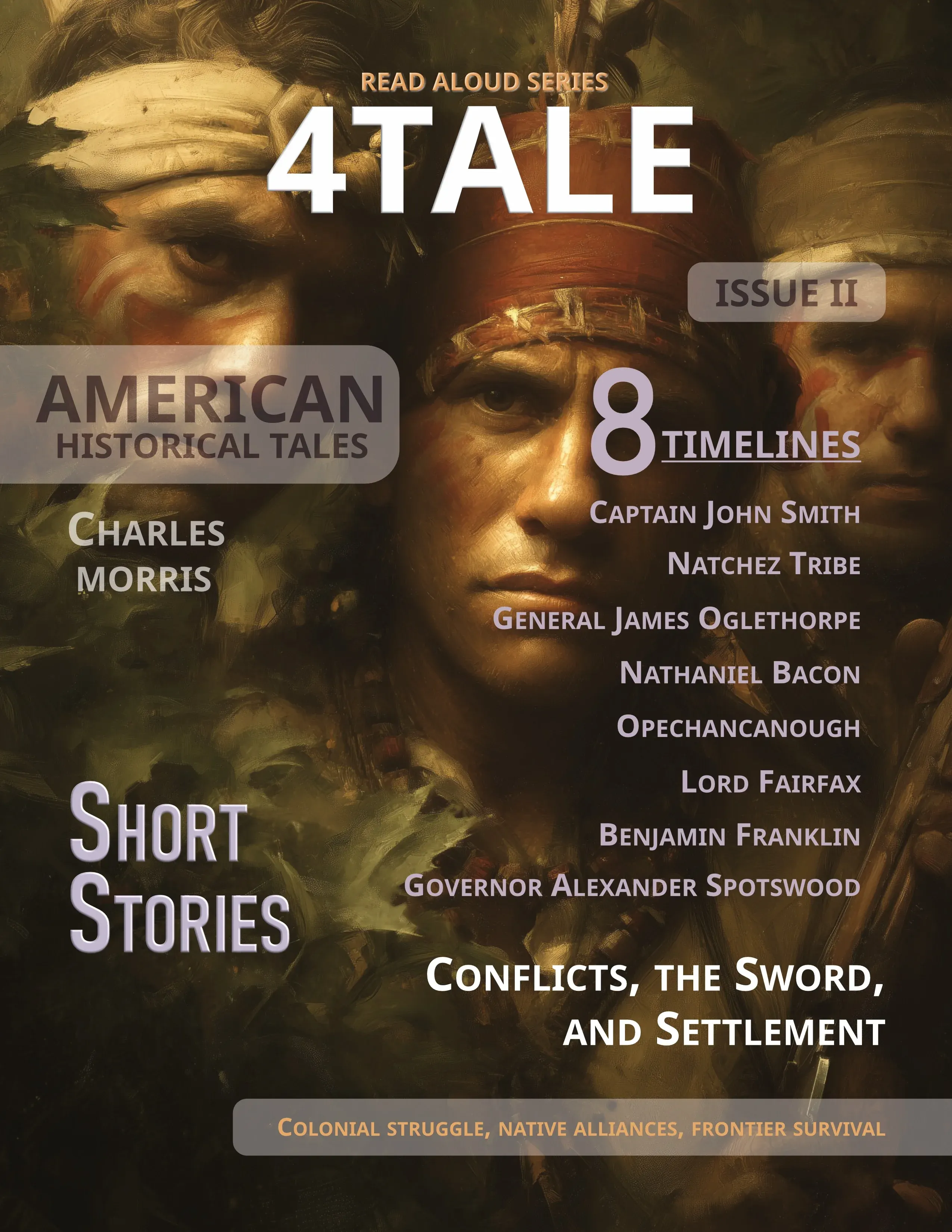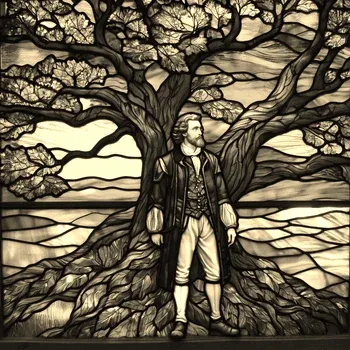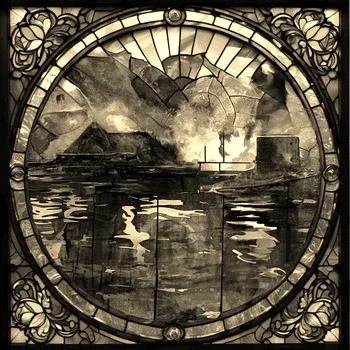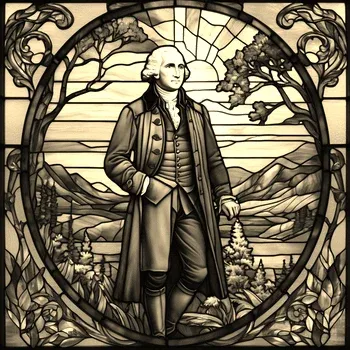BY CHARLES MORRIS
How Franklin Came to Philadelphia
Historical Tales 1 American: Story 7 of 27
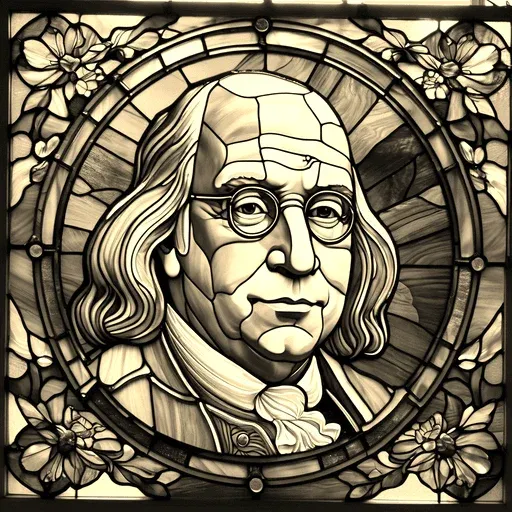
Heading
A Contrast in Travel Time: In the 18th century, the journey that took Franklin five days to complete can now be accomplished in as little as 1 hour by plane, showcasing the dramatic evolution of transportation technology over the centuries.
Franklin’s Modest Provisions: During his journey from New York to Philadelphia, Benjamin Franklin sustained himself with just two loaves of bread, a testament to his frugality and resourcefulness, qualities that would permeate his life and work.
A good book we like, we explorers. That is our best amusement, and our best time killer
- Roald Amundsen, Explorer
Benjamin Franklin's 1723 Journey: A Deep Dive into His Arduous Trek from New York to Philadelphia and its Impact on America
Journeying from New York to Philadelphia today may seem like an effortless trip, but in 1723, a young Benjamin Franklin undertook this trek with nothing more than a dollar and two loaves of bread. The trials he faced along the way, and his transformation upon reaching Philadelphia, shaped not only his destiny, but also that of America. By embarking on this deep dive into Franklin's arduous journey, you'll gain a profound understanding of the man behind the legend and his influence on the founding of our nation.
The Historical Context of Franklin's Journey
Benjamin Franklin, a name that rings synonymous with American history, made a journey in 1723 that was filled with trials and tribulations. This journey from New York to Philadelphia was not only a test of endurance and resilience but also the start of a remarkable transformation in Franklin's life. At the tender age of 17, with only a dollar to his name, Franklin embarked on this journey, unaware of the historical significance it would later hold. This journey was set against the backdrop of a burgeoning America, with cities like Philadelphia gradually emerging as centers of commerce, politics, and culture.
Understanding the Challenges: The Five-Day Trek from New York to Philadelphia
Franklin's trek from New York to Philadelphia was far from easy. It took him nearly five days to cover the distance, a duration unthinkable in today’s world of high-speed travel. Franklin had to rely on his feet and sporadic boat rides to traverse through the rugged terrain. The journey was fraught with challenges and required sheer determination and willpower. In retrospect, this five-day trek perhaps symbolizes Franklin's relentless pursuit of knowledge and success, traits that would go on to define his life.
Podcast
The Role Weather, Fatigue, and Hunger Played in Franklin's Journey
Franklin's journey was marred by harsh weather conditions, fatigue, and hunger. These hardships were relentless, testing Franklin's endurance at every step, and shaping him into the resilient individual he later became. He battled severe weather conditions, trudging through rain and extreme temperatures. His sole sustenance during this trek was the two loaves of bread he had brought along. Fatigue followed him like a shadow, but Franklin's tenacity prevailed, turning these hardships into stepping stones towards his remarkable life journey.
Contrasting Franklin's Travel with Modern Expediency
In the 18th century, the journey from New York to Philadelphia was a grueling one, fraught with numerous challenges and discomforts. Today, we face none of these hardships, thanks to the advancements in transportation. Benjamin Franklin's trek took him through various types of terrain and weather conditions, often on foot or by boat. The journey that took Franklin five days now can be completed in about 2 hours by car, or 1 hour 30 minutes by train or 1 hour by plane. The ease and speed of modern travel have made the journey between these two cities a simple and routine one. The shift from Franklin’s era to ours highlights the vast technological advancements and changes in lifestyle that have transpired over the centuries.

Philadelphia: The Transformation of a City and a Man
Philadelphia in the 18th century was a burgeoning city on the cusp of great change, much like Benjamin Franklin himself. When Franklin arrived in Philadelphia, he had a mere dollar in his pocket and a couple of loaves of bread under his arms. Yet, he would go on to become one of the most influential figures in American history. Similarly, Philadelphia transformed from a modest settlement into one of the most significant cities in the country. The city was a hotbed of revolutionary ideas and activity, and it was here that Franklin made his mark as a leading figure in the founding of the United States.
Franklin's Legacy: The Impact of His Arrival on the United States
The arrival of Benjamin Franklin in Philadelphia was a turning point not just for him, but also for the nascent United States. Franklin was instrumental in drafting the U.S. Constitution and was a key figure in the American Enlightenment, his ideas and inventions leaving a long-lasting impact on the nation. His work in Philadelphia laid the groundwork for his future contributions to the country. Franklin’s journey, which began as a personal quest for a better life, would ultimately have profound national implications, reshaping the trajectory of American history. In the end, Franklin's legacy is a testament to the transformative power of perseverance and ambition.
Conclusion
In conclusion, the trials and tribulations Franklin encountered on his journey from New York to Philadelphia in 1723, such as harsh weather, fatigue, and hunger, paint a vivid picture of the rigors of travel during that era. The stark contrast to the comfort and speed of today's travel offers a unique perspective on the evolution of our nation. Franklin's life and the city of Philadelphia transformed dramatically following this journey, leaving an enduring impact on the United States. This compelling narrative serves as a testament to Franklin's resilience and indomitable spirit, qualities that undoubtedly contributed to his pivotal role in America's founding.

